What is Engineering safety
safety engineering is provide to protective work culture and control of workplace accident that may cause worker injuries or disorders
Read more
We'd like to send you notifications of the latest posts and updates.

The accidents are the mishaps leading injury to man, machines or tools and equipment and may cause injury and result either death or temporary disablement or permanent disablement of the industrial employees. A survey was conducted in 1952 in America which specified that approximately ten thousands industrial persons were killed in accidents and more than lakhs were injured in a year. The accidents are unwanted events or mishaps that result in some sort of injury to men, material, machines, tools, equipment and semi or finished product hence, a loss to the whole establishment. There are various types of common accidents needing due attention to prevent them which are as follows:
An accident with no damage or injury is called near accident.
An accident with very less damage is called trivial.
It is an accident with damage and injury more than trivial.
An accident with heavy damage and lot of injury is called serious accident.
It is an accident with very heavy damage. There may be loss of lives also.
The adverse effects of the accident are given as under—
Work connected with injuries put a considerable burden on society also as given as under:
Every care and prevention therefore should be evolved adopted to prevent accidents to the maximum possible extents. Accidents do not just happen but they are caused because of failure to follow the needed safety precautions and safety rules. If someone is honest with himself, he cannot think of a single accident that could not have been prevented by care.
The accidents may take place due to human causes, environmental causes and mechanical causes. These causes are discussed as under. Human Causes:
Some major factors namely technical, unsafe working conditions, mechanical, environment, human cause, unsafe acts and other personal factors are most responsible for accidents. Technical causes or unsafe conditions involves deficiencies in plant, equipment, tools, machinery, materials handling system, general work environment etc. Mechanical causes involve unsafe design and construction of tools and devices, cutting tools, machines tools and mechanical equipments, hazardous arrangement such as piling, over-loading etc, improper guards a against dangerous machine components, defective tool and equipments, improper material handling, leaking valves of acid and poisonous gases, and use of untested boilers and pressure vessels.
Environmental factors indicate improper physical and atmospheric surrounding conditions of work which indirectly promote the occurrence of accidents These factors include too low temperature to cause shivering, too high temperature to cause headache and sweating, too high a humidity (in textile industry) to cause discomfort, fatigue and drowsiness, inadequate illumination causing eyestrain, glares, and shadows, presence of dust, fumes and smokes in industries such as foundries, chemical , paper and sugarcane etc.
large number of accidents can be avoided if proper safety measures and safety rules are adopted in manufacturing areas. Some of the important causes of accidents involve violation of safety rules, not using of safety devices, improper use of gadgets and machine controls, non-development of safety working habits, ignorance of the operation of tools, machine and equipments operation, unsafe working conditions, monotony and work-relating stresses,wear and tear of the functional components, explosive and inflammable material etc.
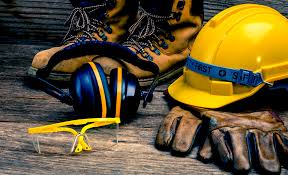
safety engineering is provide to protective work culture and control of workplace accident that may cause worker injuries or disorders
Read more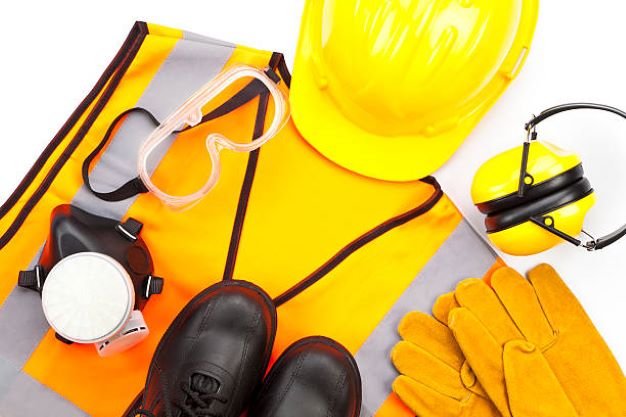
The following general types of safety are considered in the workshop.
1. Safety of self.
2. Safety of job.
3. Safety of machines tools.

Developing a solid safety plan is vital in workplaces, and recreational areas. It starts with a thorough risk assessment to identify potential hazards and assess their possible impact. Equally important is being well-prepared for emergencies, involving the creation of clear plans for different scenarios.
read more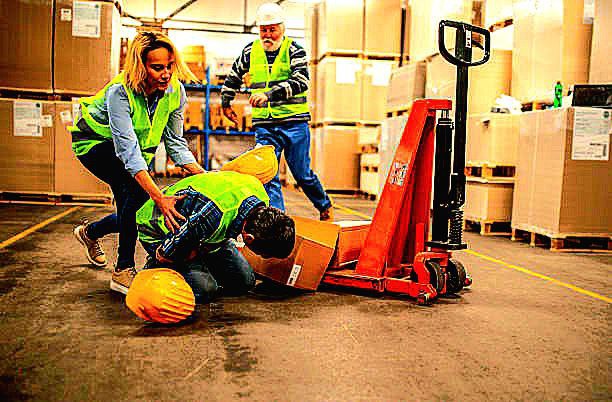
A large number of revolving, rotating, reciprocating and moving parts of machinery can besaid as the sources of danger and require guarding for protection against accidents.
read more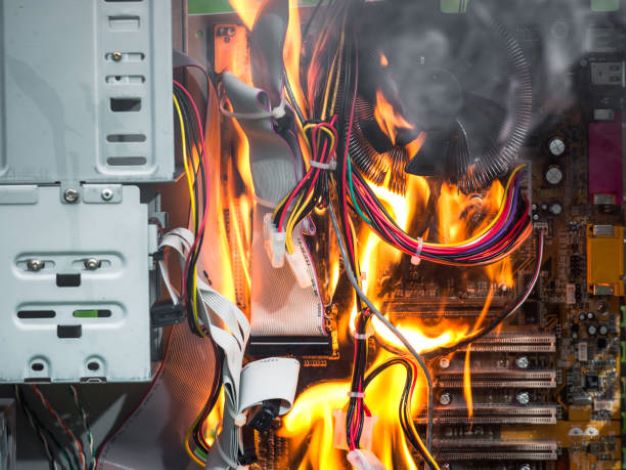
The accidents are unwanted events or mishaps that result in some sort of injury to men, material, machines, tools, equipment and semi or finished product hence, a loss to the whole establishment.
read more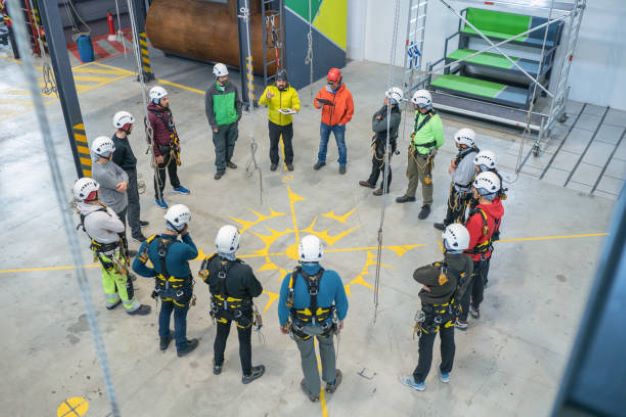
Few safety measures commonly used in industries comprise of the proper safety guards for reciprocating machine components such as drop hammers, presses, shaper, slotter, power hacksaw, paper cutters etc., fencing of dangerous and rotating parts like revolving shafts,
read more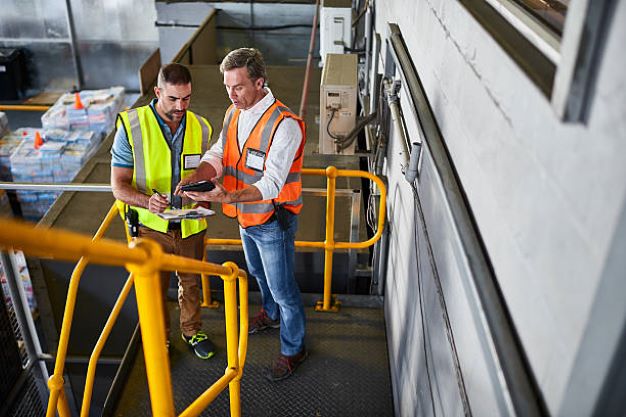
The common methods of safety are as follows:
1.Safety by construction or design.
2.Safety by position.
3.Safety by using fixed guards.
4.Safety by using interlock guards.
5.Safety by using automatic guards.
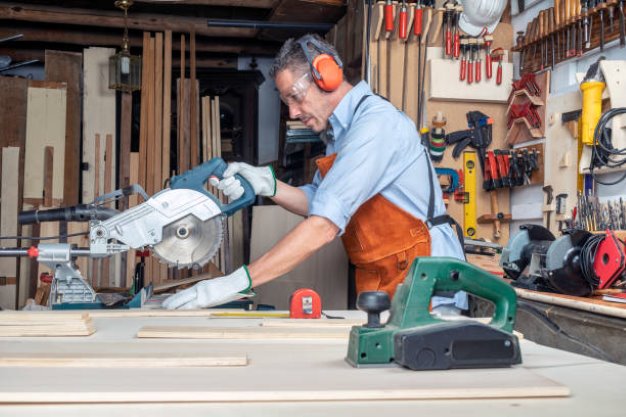
Safety Precautions while Working with Different Cutting Tools: Like as Make files, cutting, Chisels, Saws, Reamers, Tap and Dies, Abrasives.
read more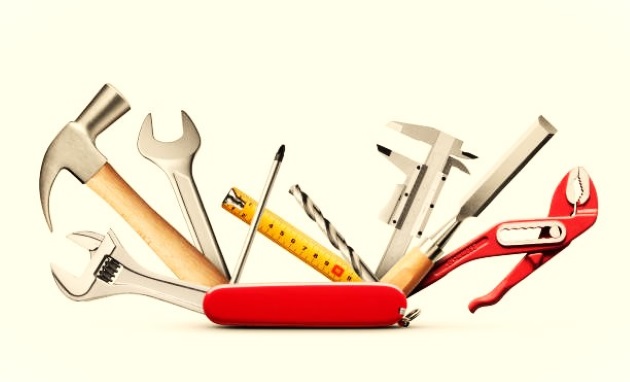
Safety Precautions while Working with Different hand Tools: Like as Screw Drivers, Wrenches, Hammers.
read more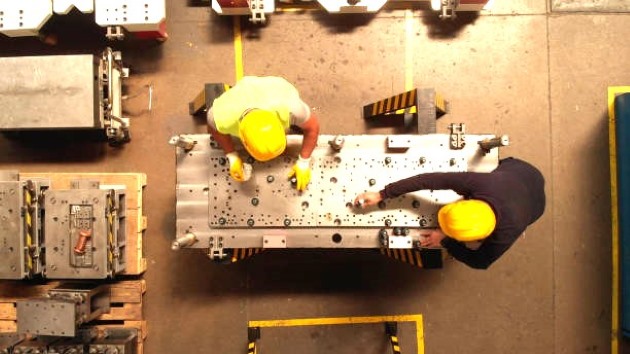
They must be strictly followed for safety. Specific safety guidelines for some of the machine process like lathe, drilling, shaping, planning slotting, grinding, milling, and finishing operations.
read more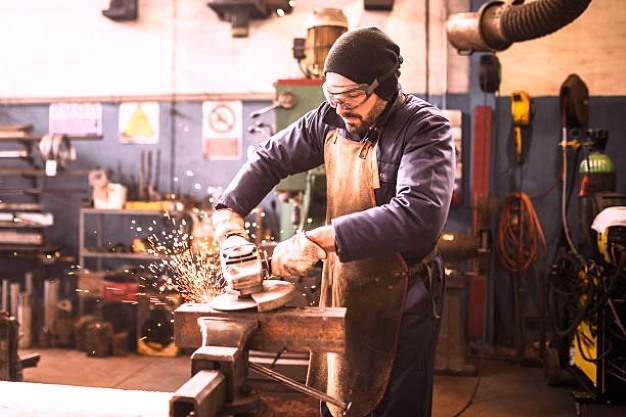
Replace Cracked Grinding Wheels: If you notice that the grinding wheel is badly cracked, replace it promptly. Damaged wheels can lead to accidents during operation.
read more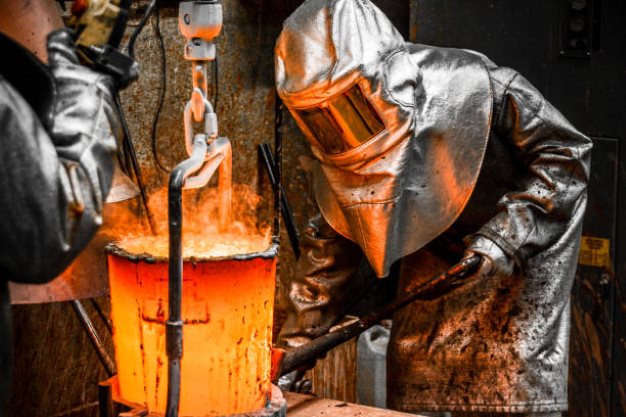
All foundry men should wear protective clothes, glasses, shoes, and gloves while handling molten metal for casting process.
read more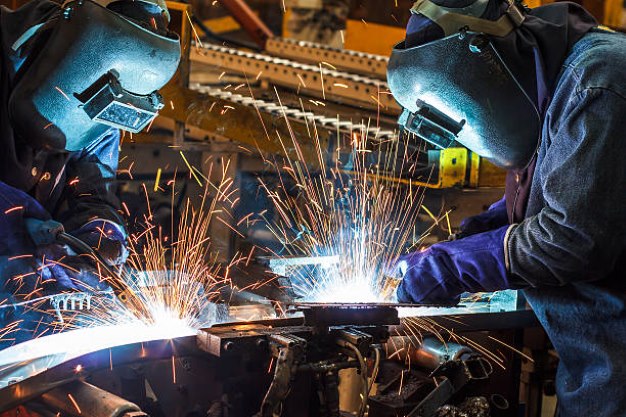
A welding shop is where metal pieces are joined using heat or pressure. Safety and proper equipment are essential for efficient welding processes.
read more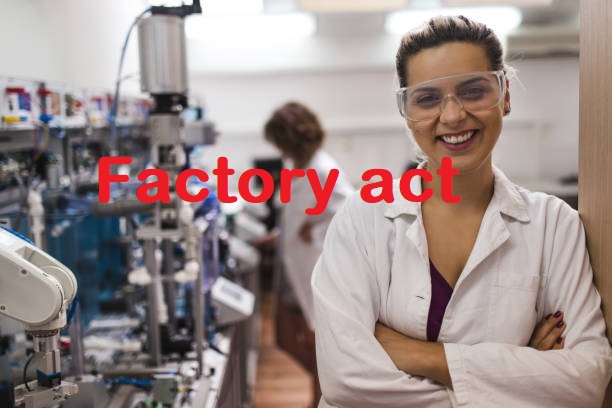
Factory Act is to safeguard workers from industrial hazards and ensure a secure and improved working environment, with specific provisions outlined for the fencing of machinery and other safety measures.
read more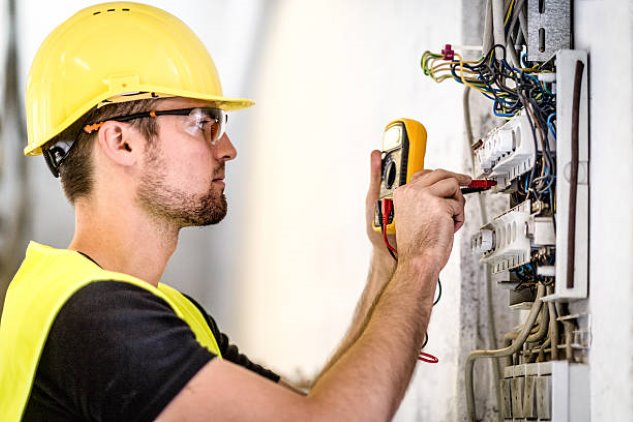
In industry, an inquiry is normally ordered for electrical accident. Items carrying electricity should be properly insulated. Ageing of insulation withstand capacity and should not be allowed to leak current.
read more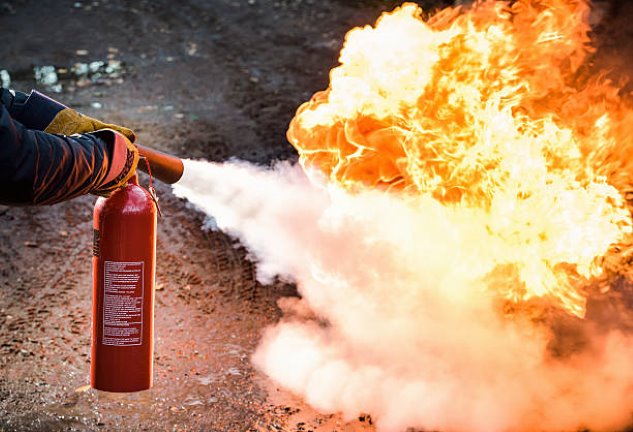
The main factors for combustions are presence of oxygen, availability of combustible materials and rise of temperature to the ignition point for the material The cause of fire accidents may be electric-short circuit.
read more
The main factors for combustions are presence of oxygen, availability of combustible materials and rise of temperature to the ignition point for the material The cause of fire accidents may be electric-short circuit.
read more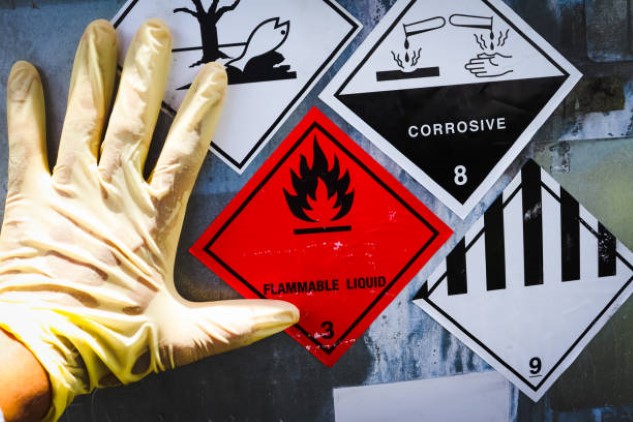
Effects of dusts, fumes, heat, noise and vibration due to hot and cold working of metals and crush and other injuries due to machine tools are discussed earlier.
read more
sometimes accidents may also occur in industries. After major or minor accidents, an injured worker requires immediate preliminary treatment in the absence of same his condition may become highly critical.
read more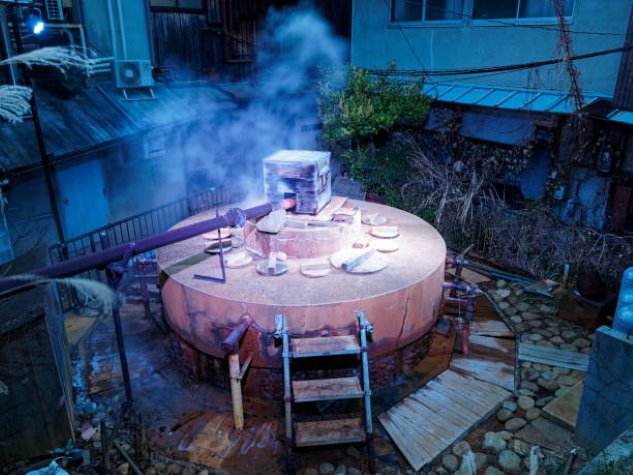
sA Cupola furnace is utilized for melting recycled metal or pig iron to manufacture diverse cast irons. Crucial factors in choosing cupolas include melting capability, shell diameter with or without lining, and spark arrestor.
read more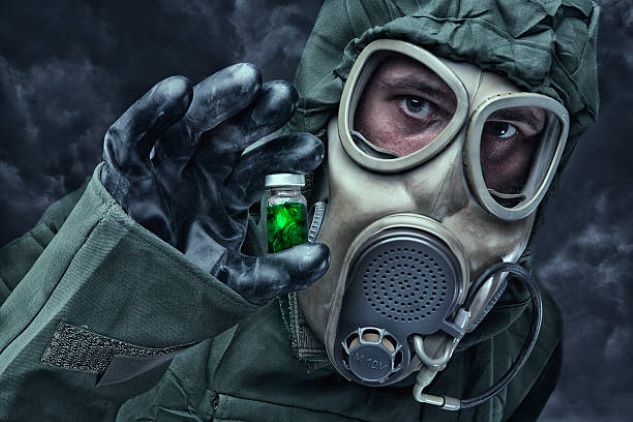
Antidotes are therapeutic agents used to counteract the toxic effects of specific xenobiotics. These are heterogenous group of substances consisting of pharmaceuticals, biological agents and immunoglobulin fragments.
read more
This Glossary of safety to help understand basic term of safety
read moreSafety Manufacuturing PPE Automation & Mechanization Friction Lubricants Classification of manufacturing advantage and dis. LPG 5S News fire prevention ci vs si engine Gear LPG vs petrol
To get first Notification: